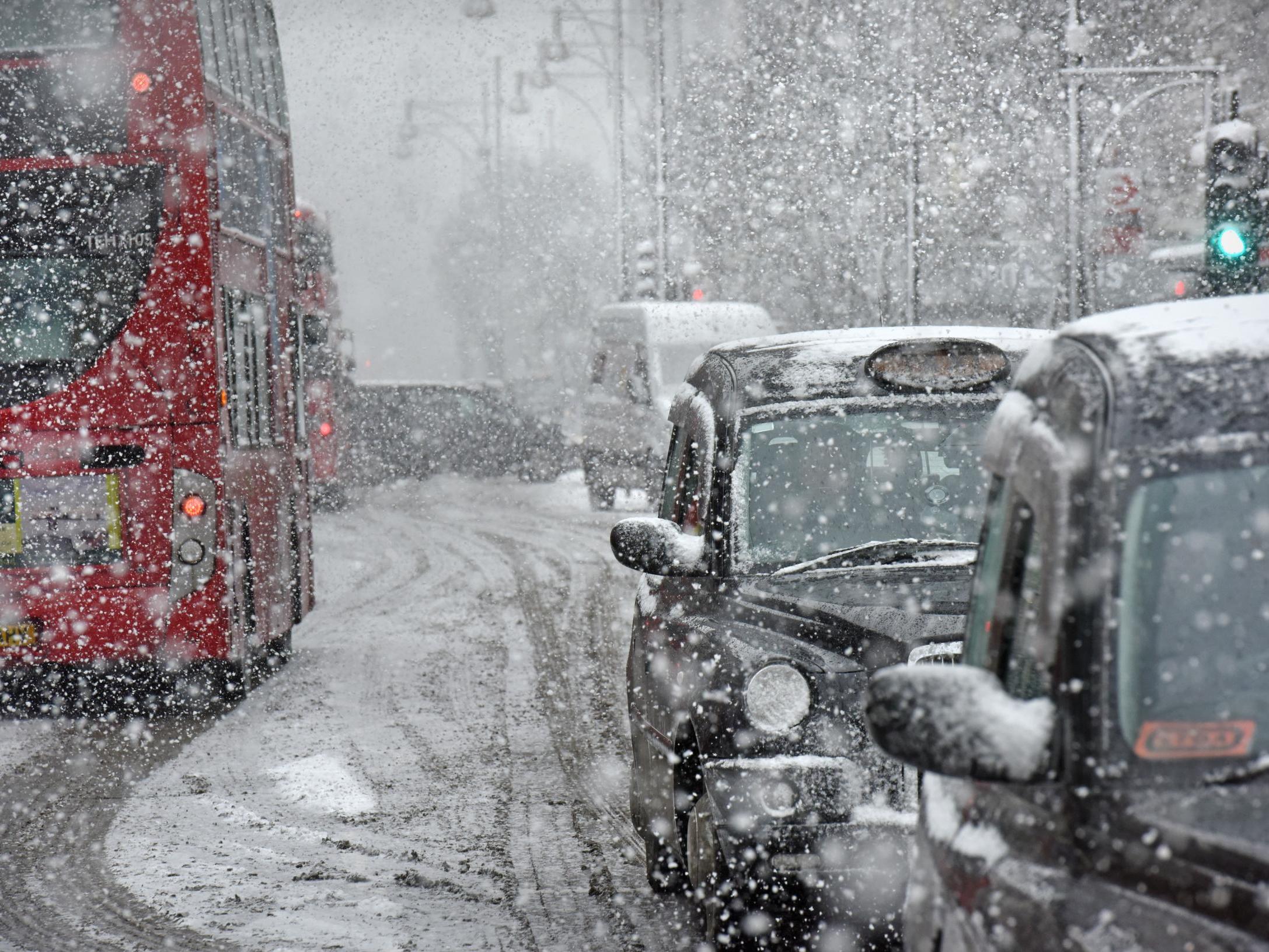Georgia Toffolo passport damaged: Where’s the safest place to keep your travel documents?
Simon Calder answers your questions on airline security, bushfires in Australia and winter chaos


Q Where’s best to keep your passport during a flight? We’re told not in the overhead lockers in case of emergency evacuation (and recent thefts). It’s the one thing you may actually need.
Jim B
A The reality TV star Georgia Toffolo was detained in the Maldives at the weekend because of missing pages in her travel document. “I have been detained at Male airport for a page missing on my passport,” she tweeted. “I am not allowed to board a flight home because of my damaged passport but I am also not allowed to leave the airport.”
After nine worrying hours, Toffolo was helped by British diplomats and allowed to continue with her holiday in the Maldives. But the incident, which she says was triggered because the middle pages had fallen out of her passport, draws attention to the need to keep your travel document safe and in good condition.
I would never travel on a plane with my passport out of my possession. Sadly, thefts from baggage stored in overhead lockers are all too frequent. I like to keep my passport in the inside pocket of my jacket – though many other travellers swear by money belts. On overnight flights, that is probably a good way to keep it secure – as well as your phone, cards, driving licence and cash.
Even riskier, in my experience, are transport terminals – especially busy airports and railway stations. The Foreign Office warns, for Spain: “Many people have their passports stolen while passing through airports, either on arrival in or departure from Spain. Take extra care to guard passports, money and personal belongings when collecting or checking in luggage at the airport, and while arranging car hire.”
Then there is the risk that something as innocuous as spilt coffee might damage your passport to the point that it is no longer accepted by frontier officials or airline staff. All the more reason for keeping your valuable documents safely out of sight until you absolutely need to show them.

Q I am due to travel to Sydney for four days early in January and then on to New Zealand for 18 days. Due to the horrific situation currently in Sydney, if I wanted to go direct to New Zealand should my travel agent allow me to do this?
Simon C
A The bushfires in Australia are extremely serious. Over the weekend, the New South Wales Rural Fire Service said: “Catastrophic fire danger is forecast for Greater Sydney. Very high temperatures, strong winds and low humidity is forecast, making conditions extremely dangerous.”
Thousands of British travellers are booked to fly to the Sydney area in the next few weeks, and many are understandably concerned about arriving in what looks increasingly like a danger zone.
The Foreign Office warns UK visitors to Australia: “Smoke generated by bushfires can result in poor air quality, which could provoke respiratory conditions.”
But the FCO has stopped short of urging against travel to Sydney. Were it to do so, then airlines and travel agents would offer some flexibility to cancel, postpone or otherwise amend.
As things stand, I have not been able to identify any airline that is allowing Sydney-bound travellers to change or cancel their plans. On behalf of anxious travellers, I have contacted Qantas, British Airways, Emirates, Singapore Airlines, Cathay Pacific and Qatar Airways, which between them account for the vast majority of UK passengers to Australia, to ask if they are offering flexibility.
So far the only firm response is from BA, which has a daily flight from Heathrow via Singapore to Sydney. A spokesperson told me: “We continue to operate to Sydney as normal.” The standard rules on changes and cancellations apply.
Given that you would simply need to fly earlier from Sydney to New Zealand, I suggest you talk to your agent and ask them to arrange this; it may involve an amendment fee of £100 or more. But if you happen to have booked through one of the online agents with a less-than-perfect reputation for customer service, any change will prove difficult – I would not be surprised if you were told you had to cancel everything and start again, having lost hundreds or thousands of pounds.
Whatever your chosen course of action, don’t be tempted to make your own arrangements, for example buying a new flight from Australia to NZ: if you are a “no-show” at Sydney airport, it could invalidate the rest of the ticket back to the UK.

Q I see you are discussing “midwinter misery for travellers” once again. Is there any evidence that there is more disruption at this time of year than any other? And is the UK more prone to it than other countries?
Jake R
A Yes. And yes. The reason I am confident is the sheer scale of engineering work on the railway each festive season – highly disruptive to some, and not an idea adopted by other countries.
Network Rail says “significantly fewer people travel over Christmas” and so it is the least damaging time to carry out the work. This year, more than 20,000 staff will work on 368 projects costing a total of £111m.
This is, to be fair, almost always “predictable disruption”. The train operators tell prospective travellers well in advance what is expected – such as, this year, the Great Western line from London Paddington being completely closed between Christmas Eve and 27 December inclusive. (Sometimes these predictions go awry, as happened in 2014 when overrunning work at King’s Cross in London caused mayhem the day after Boxing Day.)
But history tells us that there is always additional unexpected travel disruption of some sort at Christmas, despite everyone’s best efforts. Often, it is caused by bad weather, as afflicted travellers to and from Heathrow in 2010 when heavy snow grounded thousands of flights. And passengers trying to get to Gatwick airport last Friday, 20 December, were stranded when flooding on the railway halted many trains. Midwinter weather tends to be more harsh than at other times of the year.
Unpredicted disruption is especially harmful at Christmas because journeys tend to be so emotionally important. If a blizzard halts some midweek flights in mid-January, the main impact is on business travellers – who will be cheesed off but will find a way to work around it.
In contrast, the “drone disruption” at Gatwick in December 2018 caused a great deal of upset as 150,000 passengers saw their travel dreams disappear. Most of them were heading away to see family or friends, or to enjoy a much-needed holiday, and there were few options to recover their journey plans before Christmas.
This speaks to your second question. Yes, the UK is more prone to festive travel disruption than other countries, because of a lack of resilience in the system. With both Gatwick and Heathrow working at full stretch, a small upset can have a big effect, and recovery is much more difficult. But it remains the case that the vast majority of UK travellers will enjoy their Christmas and new year trips without any significant problems.
Email your question to s@hols.tv or tweet @simoncalder
Join our commenting forum
Join thought-provoking conversations, follow other Independent readers and see their replies
Comments
Bookmark popover
Removed from bookmarks